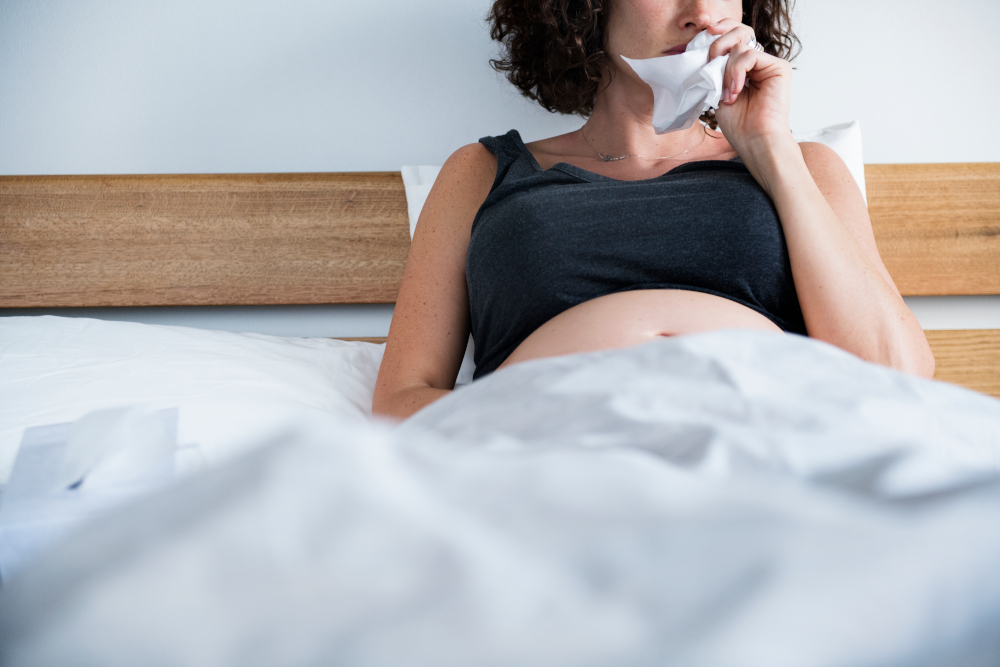While effective vaccinations for COVID-19 have been available since winter of 2020, reports show that younger women, especially those ages 18–39 years are most hesitant to get vaccinated. In some cases, women are making the decision to remain unvaccinated because of unfounded rumors about vaccination effects on fertility or pregnancy. What does the latest science say about COVID-19 vaccinations, fertility, pregnancy, and breastfeeding?
Do COVID-19 vaccinations cause infertility or menstruation complications?
Of the more than 72 million women who have been vaccinated, fewer than 200 reports of menstrual-related adverse events have been reported to the U.S. Vaccine Adverse Event Reporting System (VAERS). Several studies have been conducted into vaccinations and fertility, and to date, there has been no scientific evidence to that COVID-19 vaccine has harmful effects on female fertility.
Do COVID-19 vaccinations cause pregnancy complications?
To date, scientists have found “no biological reason to expect that mRNA COVID-19 vaccination would have adverse effects either preconceptionally or during pregnancy and while lactating.” A recently released report on the safety of receiving the mRNA COVID-19 vaccine during pregnancy found no increase in pregnancy loss or harmful neonatal outcomes, such as preterm birth or small size, among vaccinated women compared to women who were not vaccinated.
However, the severe results of SARS-CoV-2 infection during pregnancy have been extensively reported. Viral infections among unvaccinated pregnant women are associated with more severe illness, increased risk of intensive care unit admission, death, and adverse pregnancy outcomes. Furthermore, COVID-19 in pregnancy is associated with increased risk of the pregnancy specific complications, like pre-eclampsia, preterm birth, and stillbirth. According to recent data released by the National Health Service in the United Kingdom, nearly 20% of the most critically ill patients with COVID-19 in England are unvaccinated pregnant individuals.
Do COVID-19 vaccinations boost infant immunity to the virus?
Yes. Getting vaccinated during pregnancy builds antibodies that protect you from COVID-19, and evidence suggests it may also protect your baby. That’s because the antibodies your body makes after receiving an mRNA COVID-19 vaccine are found in umbilical cord blood, which transfers protection to your infant in utero. Similarly, when vaccinated women breastfeed, they pass on some of the vaccine benefits to newborns.
Does breastfeeding offer benefits to babies during the pandemic era?
According to the World Health Organization (WHO), “The benefits of breastfeeding and nurturing mother-infant interaction to prevent infection and promote health and development are especially important when health and other community services are themselves disrupted or limited.” In other words, there’s no better time than right now to breastfeed your baby. If you’re vaccinated, your breast milk offers extra protection against COVID-19 in addition to all of the other benefits of breastfeeding.
You’re the best protection your baby has.
As a mom, protecting your little one is your big thing. We know all about it here at Milk N Mamas Baby, and we’re here to help in whatever way we can, whether that’s providing medical resources to help you make sound decisions or providing support when you’re beginning your breastfeeding journey. Need help finding a breast pump? We’re here for that, too. Give us a call or email today.
